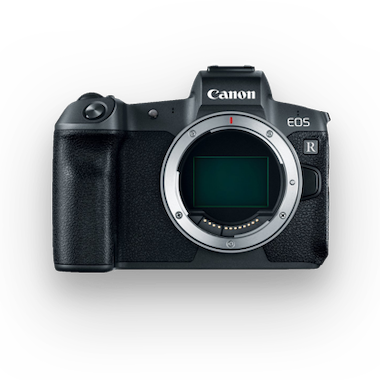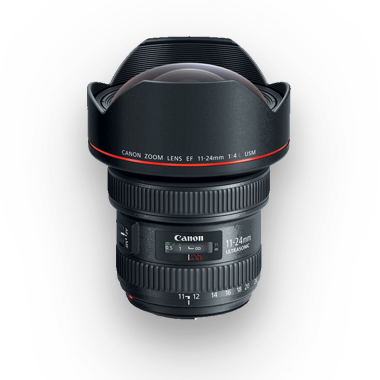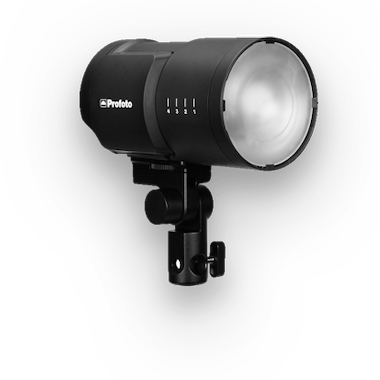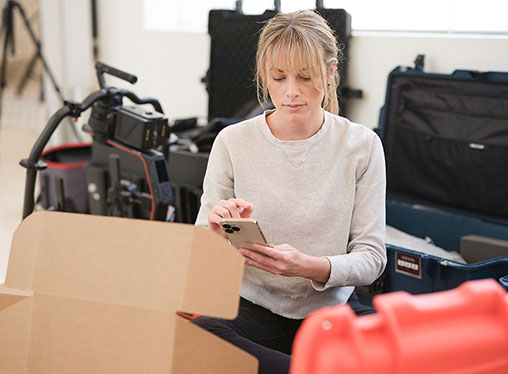
Focus on Composition: An Interview with Nature Photographer Ian Plant
Ian Plant is a world-renowned professional nature photographer, writer, and adventurer who has been photographing the natural world for almost twenty years. Plant is a frequent contributor and blogger for Outdoor Photographer Magazine, a Contributing Editor to Popular Photography Magazine, and a monthly columnist for Landscape Photography Magazine. He is also is the photographer/author of several dozen print and electronic-format nature photography books and his work has appeared in a number of other books, calendars, magazines, and advertising campaigns worldwide.
What is your photographic specialty and how did you become interested in it?
Plant: I specialize in landscape and wildlife photography. I’ve always been interested in the outdoors and have been doing hiking, backpacking, rock-climbing, kayaking, you name it, since I was a kid. One day, almost twenty years ago, I decided to buy a camera to bring along with me to capture all of the natural beauty I was seeing on my outdoor adventures. I was instantly hooked! I’ve had many hobbies over the years which I got really serious about for a short period of time before getting bored and moving on to the next activity, but photography was different – it blossomed from a hobby into a passion, and eventually into a full-time career. I left my “real” job almost 10 years ago and I’ve never looked back!
How long have you been teaching photography and how would you describe your teaching style?
Plant: I’ve been teaching and writing about photography for almost as long as I’ve been a full-time professional photographer – almost ten years now. I would say my style is informal and fun. If my workshop clients aren’t having fun, how can they be expected to learn anything useful? I also think I am very practical. I don’t believe in a bunch of self-help, “new age” mumbo jumbo. Instead, I look to give my clients and readers real, practical advice which they can easily apply on their own. For example, when someone says something mysterious like “you must become one with the landscape” or “you must learn to express your soul”, sure that sounds great, but what does it all really mean? I’ll never say anything like that to anyone – if you can’t immediately roll up your sleeves and get to work after I’ve told you something, then I’ve failed in my job as an educator
What is your single most depended on photographic item aside from your camera?
Plant: Without a doubt, my tripod. I shoot almost everything from a tripod. It provides much-needed stability, which is necessary for precise and critical focus and composition. I know it isn’t the most exciting answer but I never leave home without my tripod. That said, I enjoy the moments when I can free myself from my tripod – it feels liberating!
What type of gear, new or old, are you most interested in experimenting with?
Plant: I’m not really a gear head. Gear is a tool of artistic expression, nothing more. That said, I’d really love to get my hands on Canon’s 200-400mm zoom lens! An expensive piece of equipment always seems to get my creative juices flowing.
There are a lot of little rules in photography, such as the Rule of Thirds and the Inverse Square Law. Describe a photography “rule” that you use the most or find most valuable.
Plant: To paraphrase one of my favorite movies, Fight Club:
1st RULE: There are no rules in photography.
2nd RULE: There are NO RULES in photography!
Simply put, there are no “rules” in photography – there are only tools at your disposal. I have a Thomas Edison quote which I share in the book, which I think pretty much sums it all up: “There are no rules here, we are trying to accomplish something.” There is no single formula that will guarantee success. Photographers should strive for a deeper understanding of general principles, rather than allegiance to superficial rules which encourage “paint-by-numbers” results. If you want your photos to look like everyone else’s, then by all means adhere to the rules. If you want your images to stand out, then throw the rulebook out the window!
Anything new on the horizon that you are working on?
Plant: I’m always working on new things and I keep a busy travel schedule to feed my constant need for new photographs for my many book projects. I’m always striving to hone my skills and artistic ability and to find new ways to see the world. Stay tuned – there’s always something big for me on the horizon!
















gorata moilwe
Can you please help out with the composition of forced perspective. How does composituon affect forced perspective?